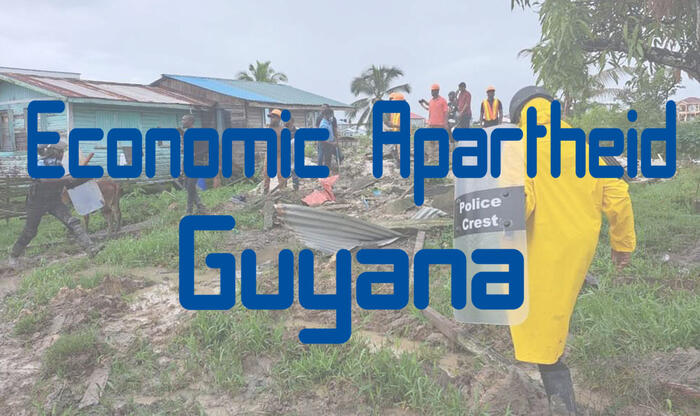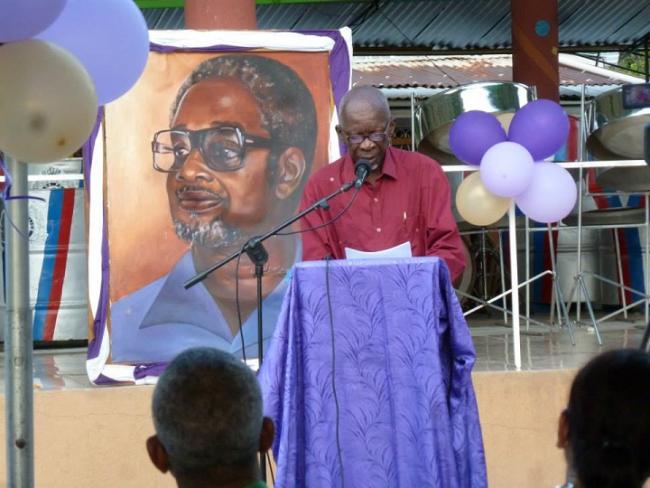Guyana is a country located in South America that has a rich cultural heritage, diverse geography, and abundant natural resources. Despite its potential, however, the country faces significant economic challenges that have prevented its people from realizing their full potential.
Guyana is a country located in South America that has a rich cultural heritage, diverse geography, and abundant natural resources. Despite its potential, however, the country faces significant economic challenges that have prevented its people from realizing their full potential. One of the biggest challenges is the existence of economic apartheid, a systemic barrier that prevents certain groups from accessing economic opportunities and resources.
Economic apartheid is a form of discrimination that is rooted in systemic inequality and reinforces existing social and economic hierarchies. In Guyana, this takes the form of unequal access to land, credit, education, and other resources that are essential for economic prosperity. This unequal access has created deep-rooted economic disparities between different groups, particularly between indigenous peoples and Afro-Guyanese populations on one hand and Indo-Guyanese populations on the other.
The impact of economic apartheid in Guyana is far-reaching and affects nearly every aspect of society. For example, indigenous and Afro-Guyanese populations are more likely to live in poverty, have limited access to education and healthcare, and face discrimination in the job market. This creates a vicious cycle of poverty and inequality that perpetuates itself and makes it difficult for these communities to escape their circumstances.
The roots of economic apartheid in Guyana can be traced back to the country’s colonial history, when the British implemented policies that favored certain groups over others. These policies created a legacy of inequality that continues to this day and has perpetuated the unequal distribution of resources and opportunities.
In order to address economic apartheid in Guyana, it is essential to address the systemic barriers that perpetuate it. This includes implementing policies and programs that promote equal access to resources and opportunities for all groups, regardless of their background. This could include programs that provide access to credit, education, and healthcare for underrepresented communities, as well as efforts to address discrimination in the job market.
In addition to these policy-based solutions, it is also important to engage in a cultural shift that recognizes and values the contributions of all groups in Guyana. This includes promoting greater understanding and collaboration between different communities, as well as challenging the cultural norms and beliefs that reinforce economic apartheid.
In conclusion, economic apartheid in Guyana is a major barrier to economic prosperity and social justice. Addressing this challenge requires a multi-faceted approach that addresses systemic barriers, promotes equal access to resources and opportunities, and challenges cultural norms that perpetuate inequality. By working together, Guyana can create a more equitable and prosperous future for all its citizens.
Arthur Ignatius
Chairman
Arthur Ignatius Foundation






